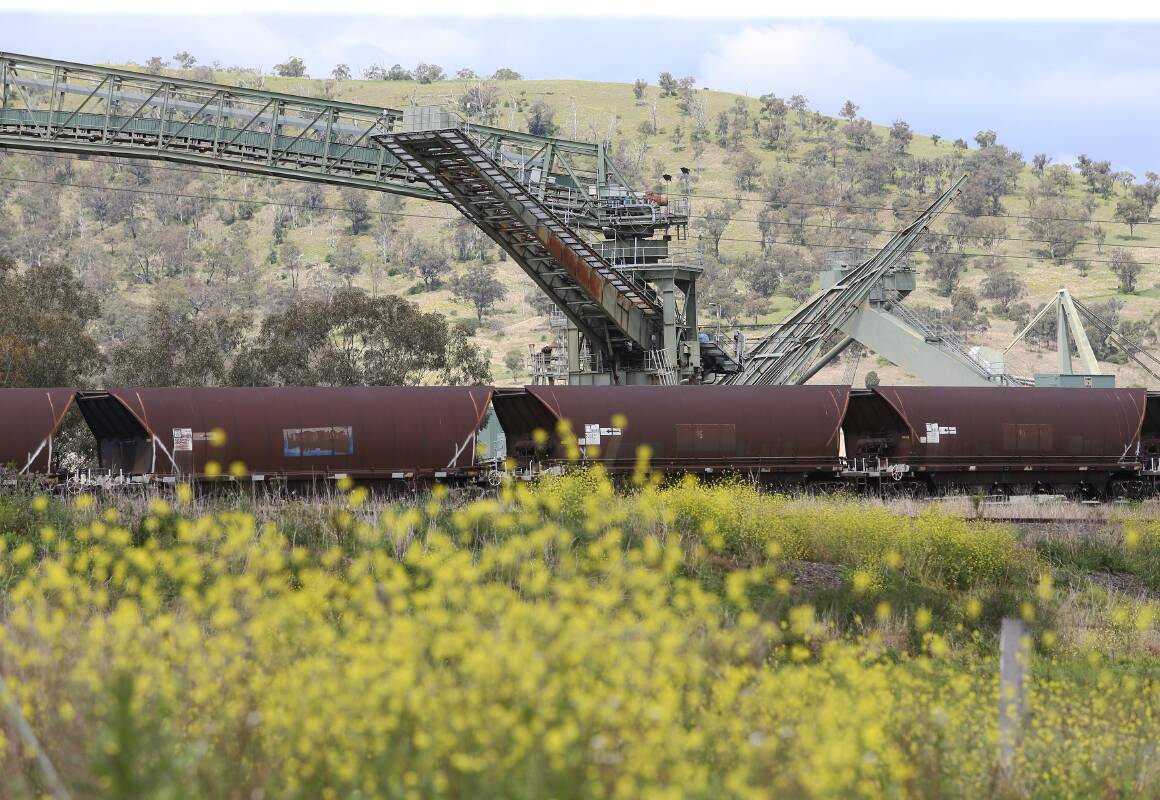
The NSW government will amend a state environmental planning policy which deals with mining, petroleum production and extractive industry to effectively reinforce its earlier commitment to prohibit open cut mining at Dartbrook coal mine in the Upper Hunter.
A pre-feasibility study of potential open cut mining operations was conducted by Dartbrook in 2018, but the state effectively ruled out any future plans for such operations in April last year when it indicated it would prohibit the action, though it would not stand in the way of plans for further underground operations expected to commence in 2023.
Upper Hunter MP Dave Layzell said Saturday that the policy change legally cements the state's Strategic Statement on Coal Exploration and Mining in NSW, which was updated last year to "make it clear that open cut mining was not supported at Dartbrook".
"However, underground mining will not be prohibited, potentially providing jobs and boosting the local economy," Mr Layzell said in a statement Saturday afternoon.
The ASX-listed company Australian Pacific Coal purchased the Dartbrook mine north of Muswellbrook from Anglo American in 2016, though it had been in care and maintenance since 2006 after three mining fatalities there in a decade.
Dartbrook's license, which is valid until December 2027, limits production to six million tonnes per annum for a combination of longwall and board-and-pillar mining.
The mine has become the centre of a bidding war this year with four parties, including former billionaire and discharged bankrupt Nathan Tinkler, vying for control as the owner pursues plans to recommission mining operations, indicating via a presentation released in September that it aimed to extract first coal in the second half of 2023.
The price of thermal coal exported from Newcastle, meanwhile, was reported to have reached another all-time high of $US230 ($307) a tonne in October, 4.5 times the $US49 a tonne the same coal was fetching in September 2021.
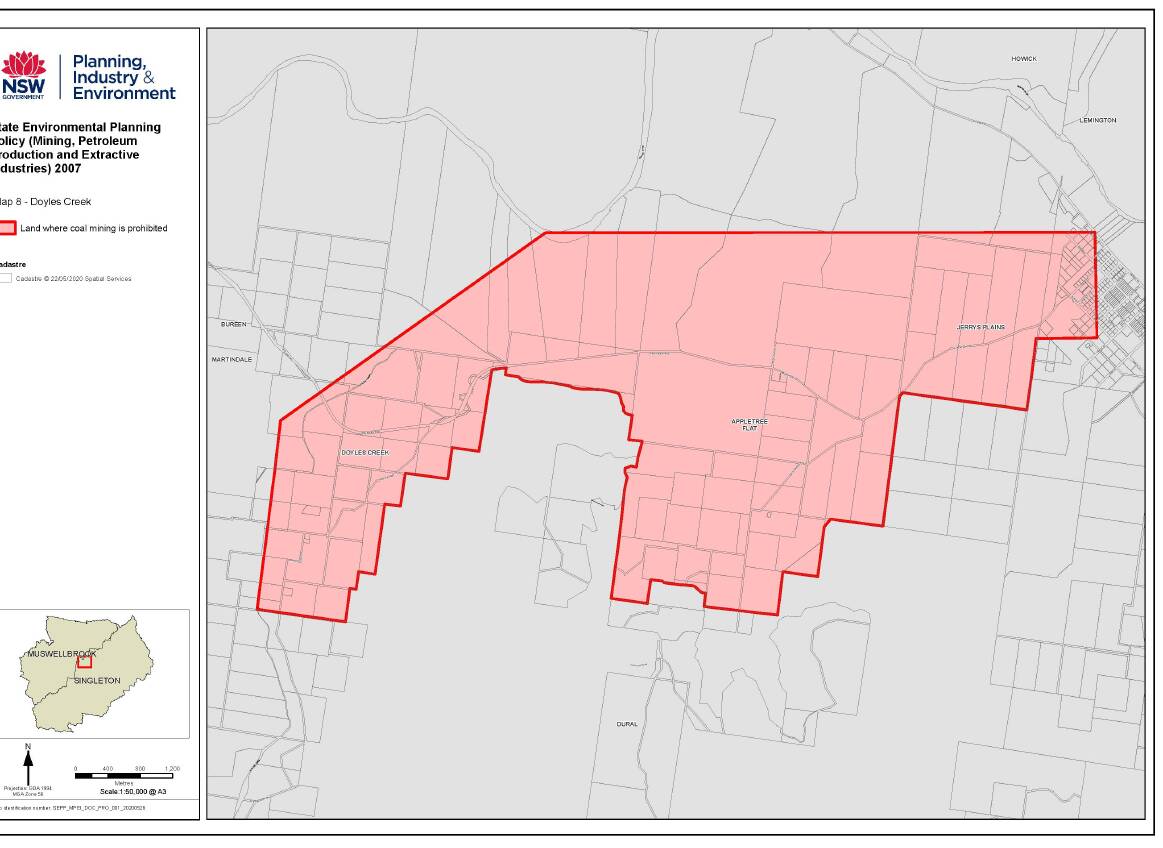
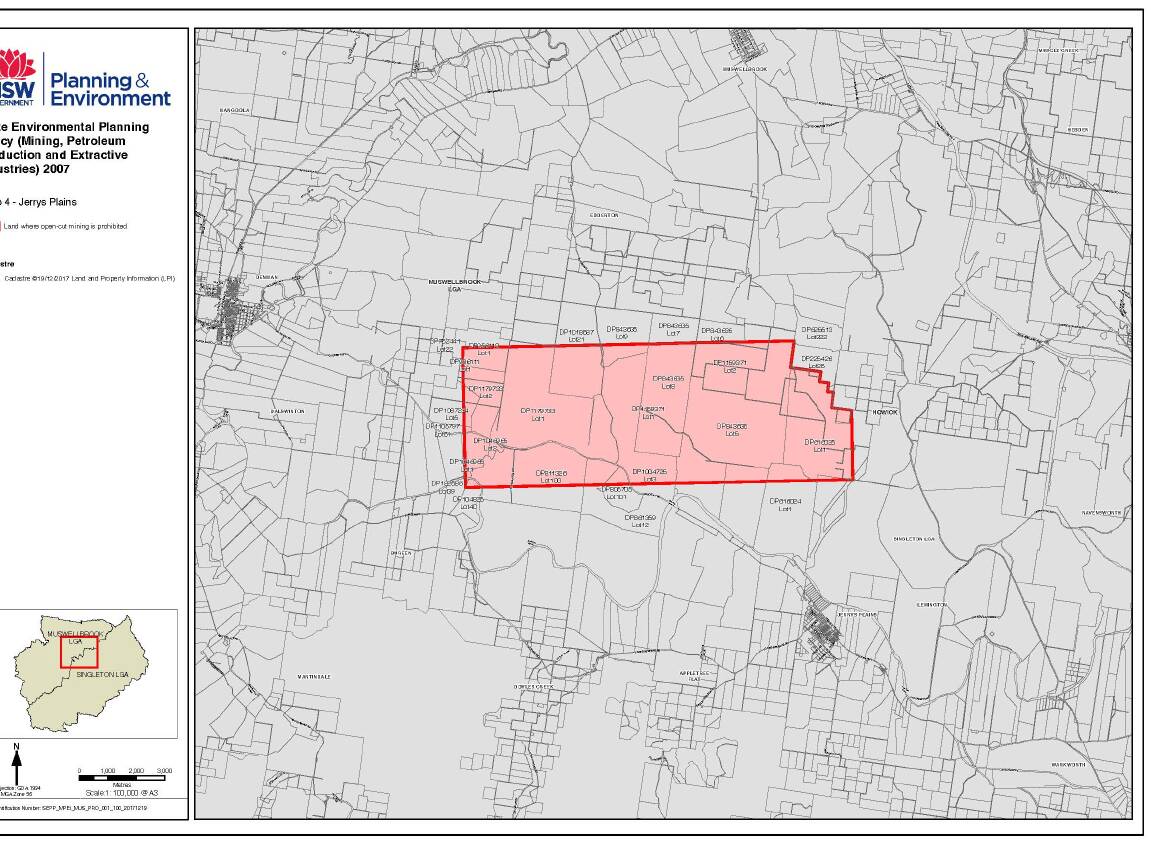
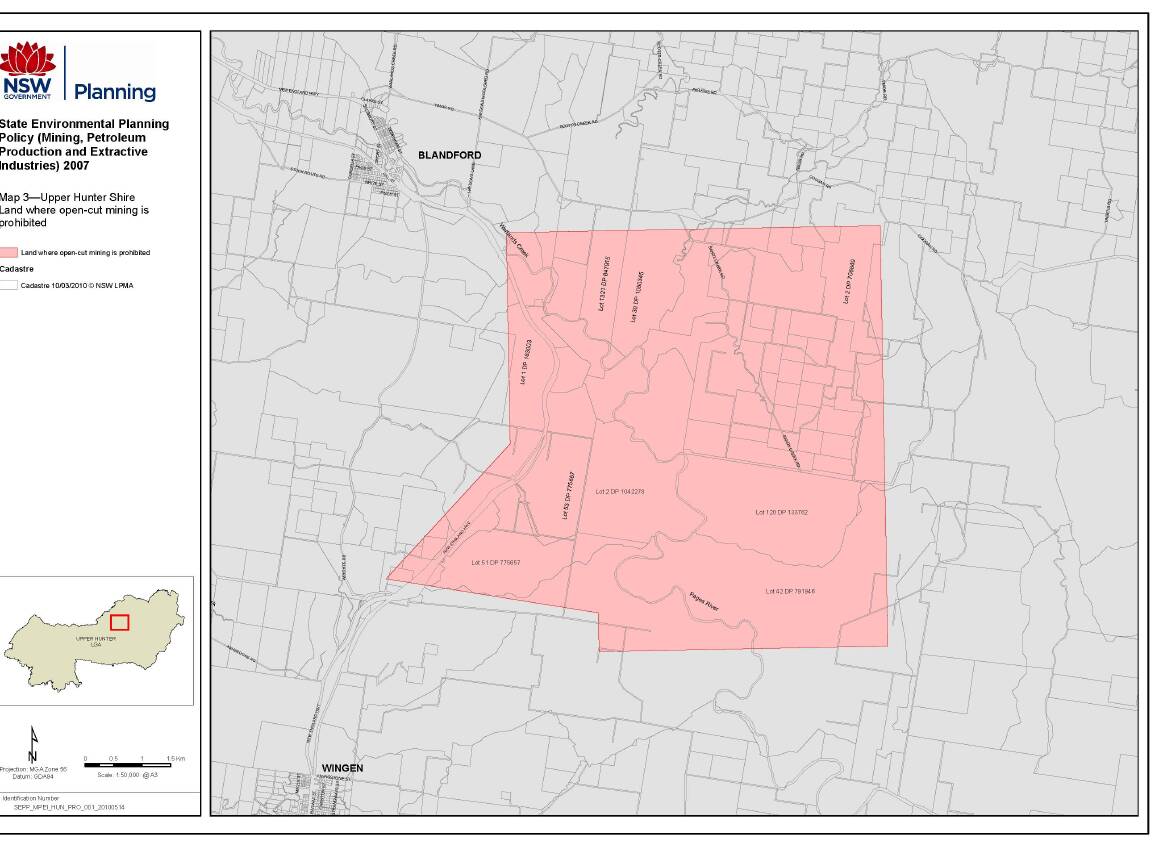
Mr Layzell said that mining would continue to have a "key role" in the region's economy as it transitions toward renewable energy alternatives in the future, but noted in his statement at the weekend that operations could not come at the cost of the region's other multimillion-dollar industry - thoroughbred horse breeding.
The Upper Hunter's thoroughbred breeders have, in recent years, pushed back against new open cut mining operations in the region, arguing that noise and dust from the mines as well as detrimental impacts to air and water quality would threaten the viability of their industry.
"When (Dartbrook) was proposed to be re-opened a number of years ago, the overwhelming community sentiment was against it," Cameron Collins, the president of the Upper Hunter Thoroughbred Breeders Association, said Saturday. "The suggestion that it would be open cut coal mining within a couple of kilometres of the town of Aberdeen seemed ludicrous at the time.
"A number of planning assessment commissions over the past 10 to 12 years have recognised that open cut coal mining and world class thoroughbred breeding cannot co-exist in close proximity ... it's the fundamental nature of the two industries; one is an agricultural industry relying on adequate clean water, clean air, no noise pollution, and the visual amenity of the of the environment; the other is an extractive, destructive industry that destroys the land it works on and makes it unusable into the future."
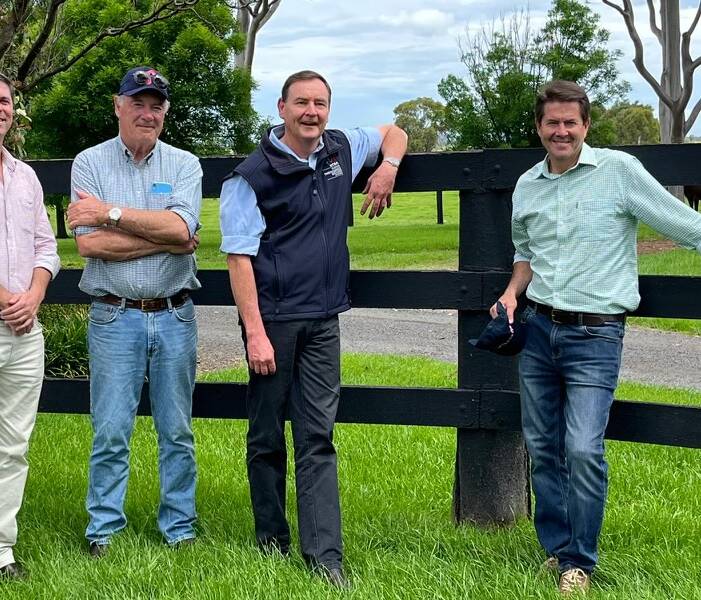
Mr Collins said that the move to shore up the state's position on open cut mining signalled to his industry that the government recognised the importance of Upper Hunter thoroughbred breeding to the state's economy, but said there were still a number of proposals of concern on the table.
"Mount Pleasant is the obvious one north of Muswellbrook," he said, "But I suspect that world events and world trends will move to mean that new coal mines are less appetising.
"It has been frustrating for us over the last 10 years to have to argue this on a case-by-case basis for every project that's proposed right up against our boundary, but it seems in this case that logic has prevailed.
"In general, we're very pleased about this particular case ... every time we get one done, we're grateful - but we suspect we will have to (continue to) argue on a case-by-case basis."
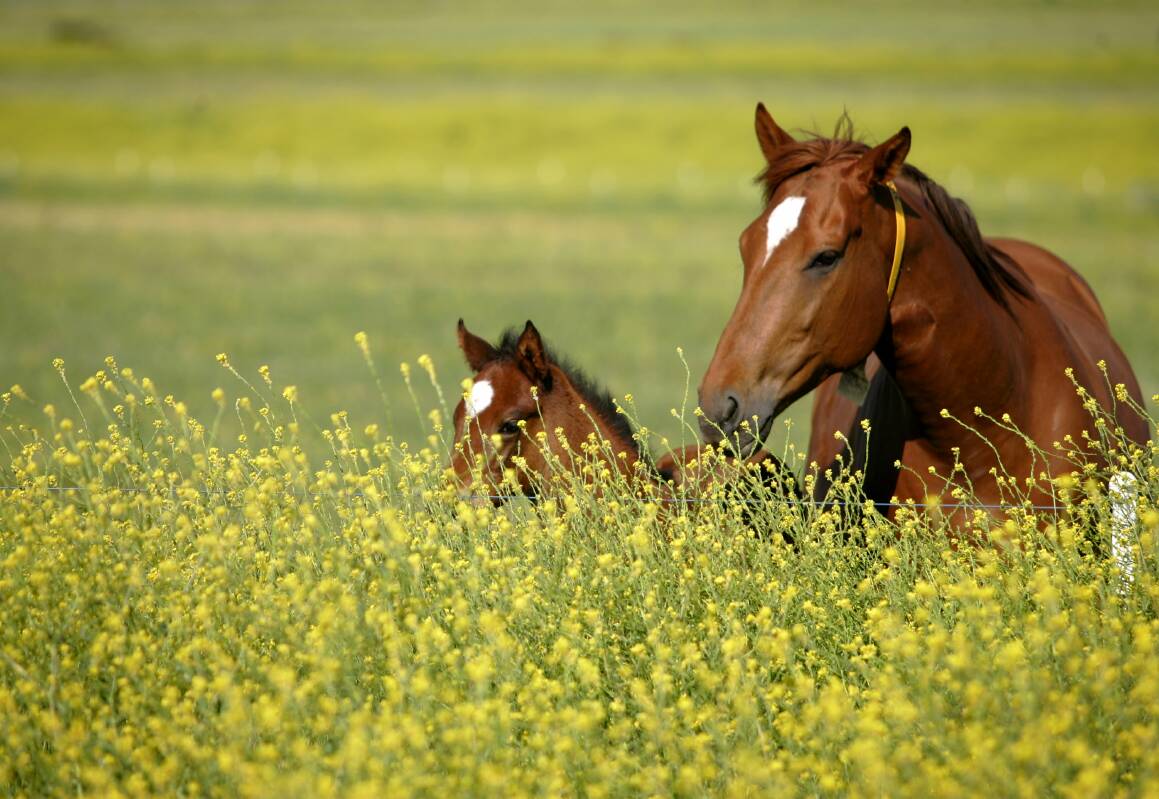
In 2015, the region's thoroughbred breeders similarly argued against an Anglo American proposal to undertake open cut mining operations at Drayton South - an extension of its Drayton mine which produced five megatonnes of thermal coal in 2012.
At that time, Anglo American had presented the government with a scaled-back third version of its Drayton South project after the Planning Assessment Commission rejected its previous two proposals.
Saturday's policy change, however, gave the breeding industry a sense of certainty, Mr Collins said.
"We've had international investors and local Australian investors look at the Hunter Valley in the last five or six years, and choose to go elsewhere. They choose to go to Victoria to build high-end thoroughbred studs because of the uncertainty of open cut mining here. Hopefully, this is the beginning of a message to those people that investment in the Hunter is relatively safe."
Mr Layzell said at the weekend that both thoroughbred breeding and mining generated thousands of jobs for local communities, as well as economic opportunities for the Hunter region.
"The government acknowledges the important role that mining plays but it is important that these two industries are able to operate side-by-side," he said.
"Mining needs to be in the right places. While Dartbrook has approval to operate as an underground mine, the government wants to make it clear that no open cut mining will happen on the site now or in the future."







